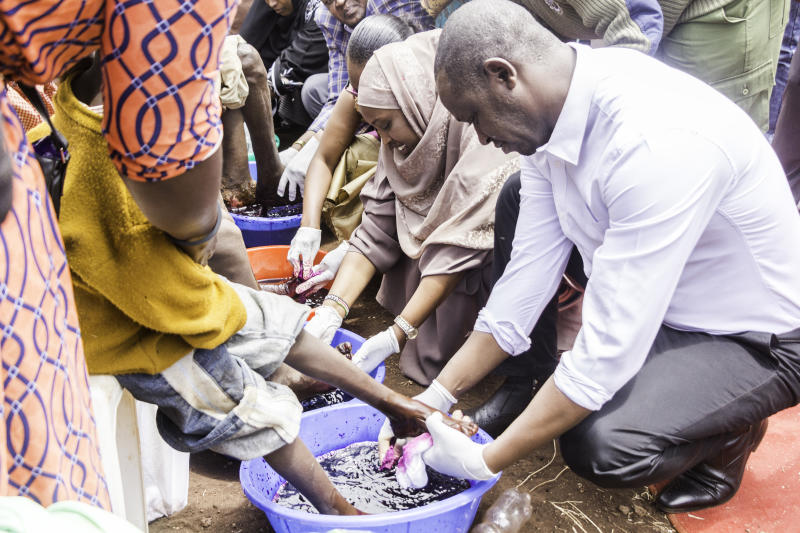×
The Standard e-Paper
Kenya’s Boldest Voice

As the daughter of a watchman in Nairobi, Marsabit Governor Mohamud Ali’s wife Alamitu Guyo Jattani, was once on the brink of dropping out of school during her formative years.
Her father, who earned a meagre Sh400 at the time, was unable to raise the Sh1, 300 school fee.